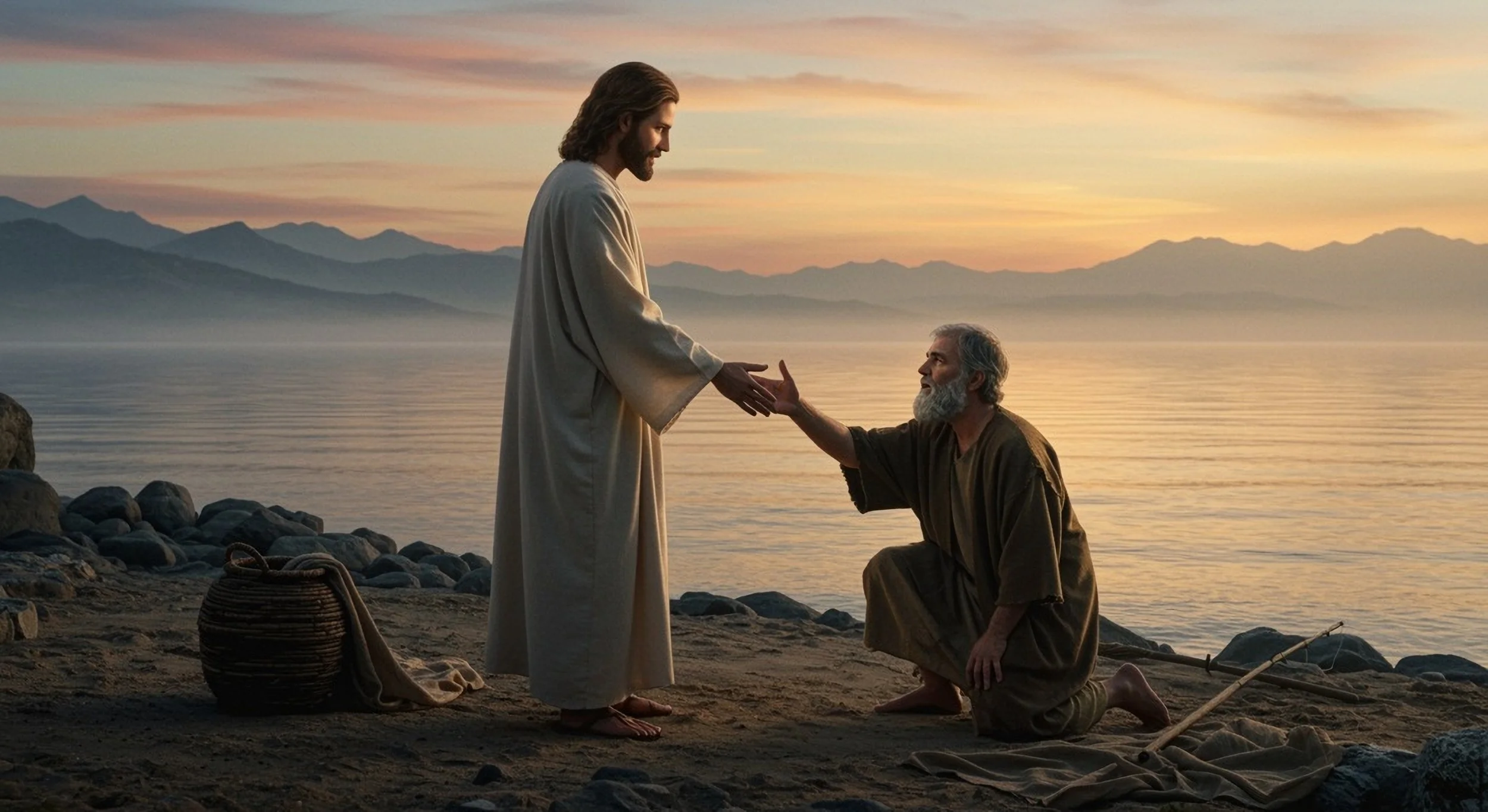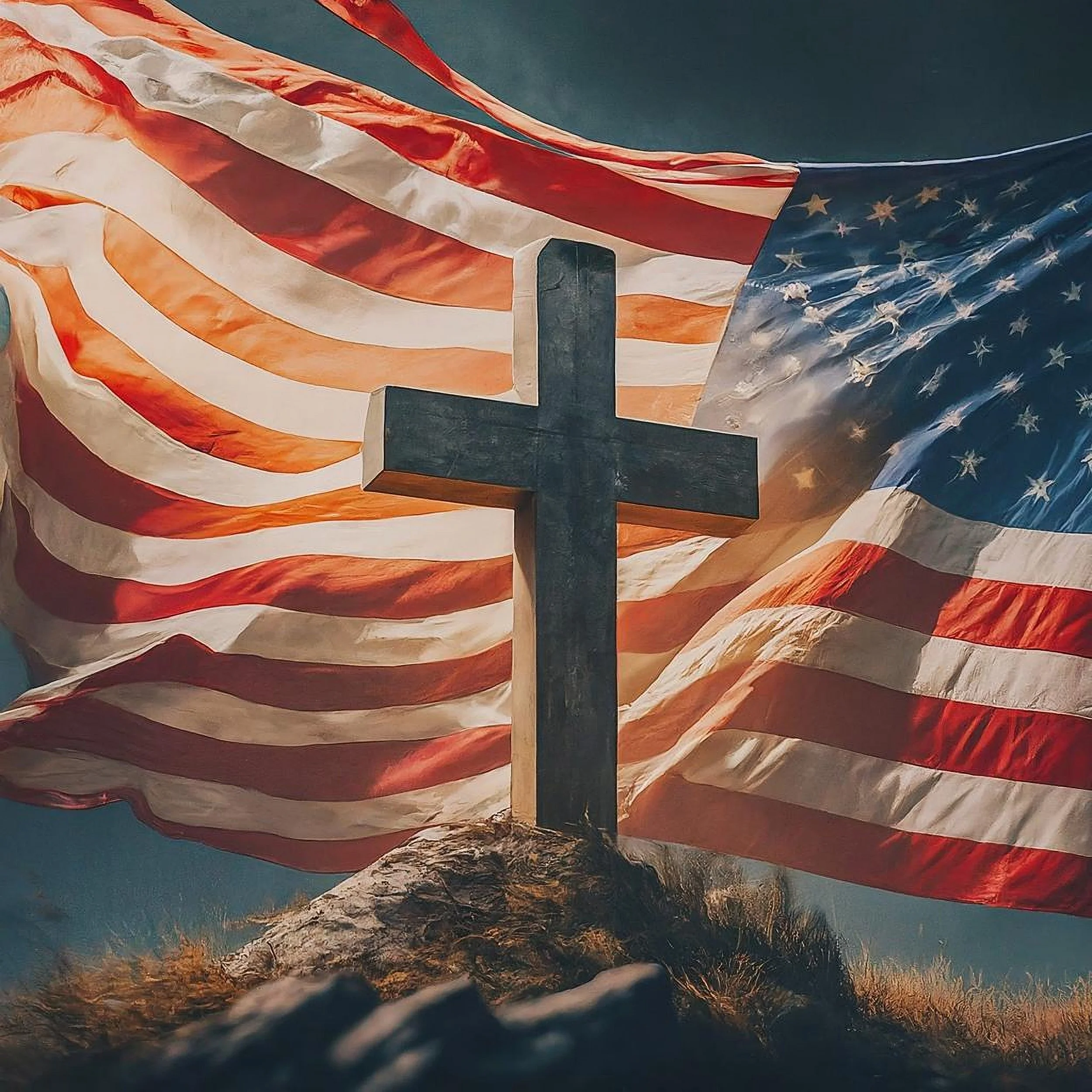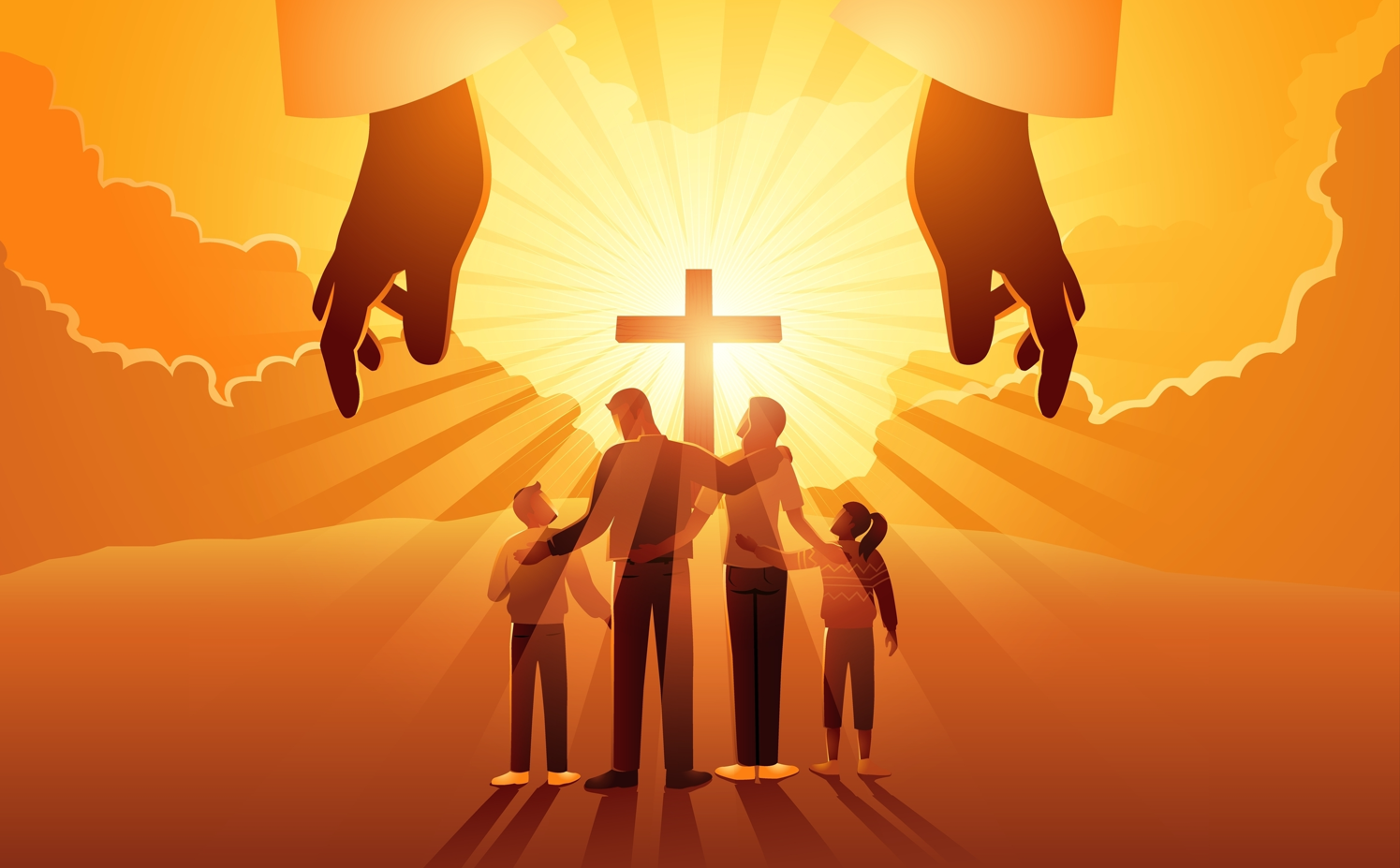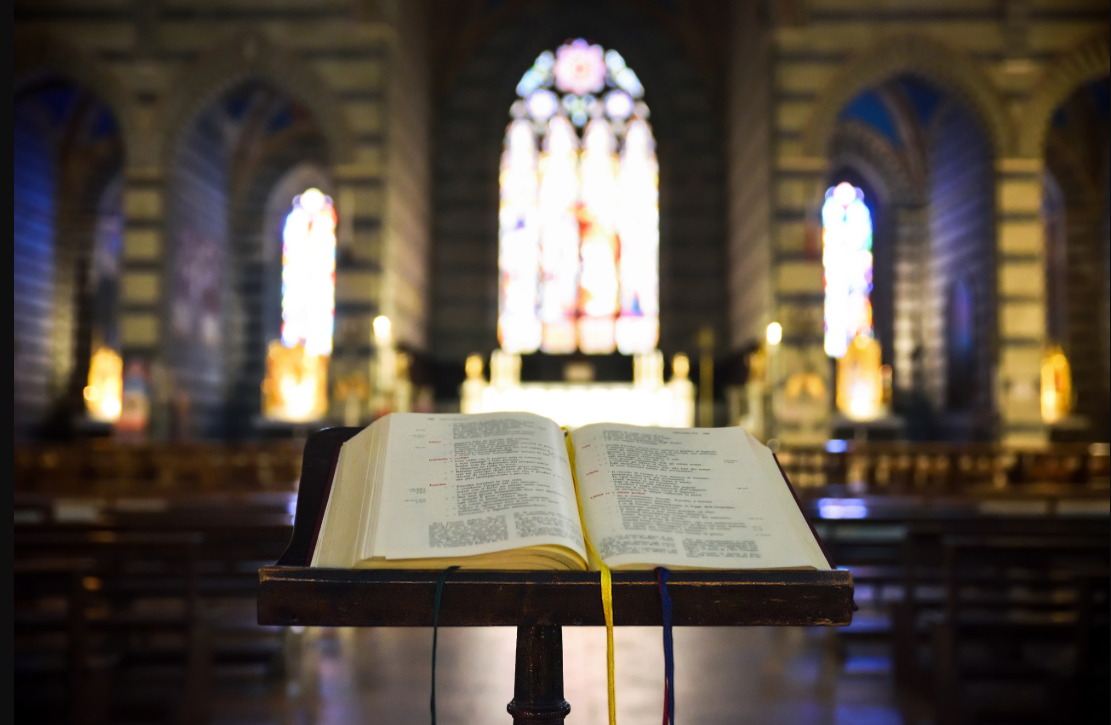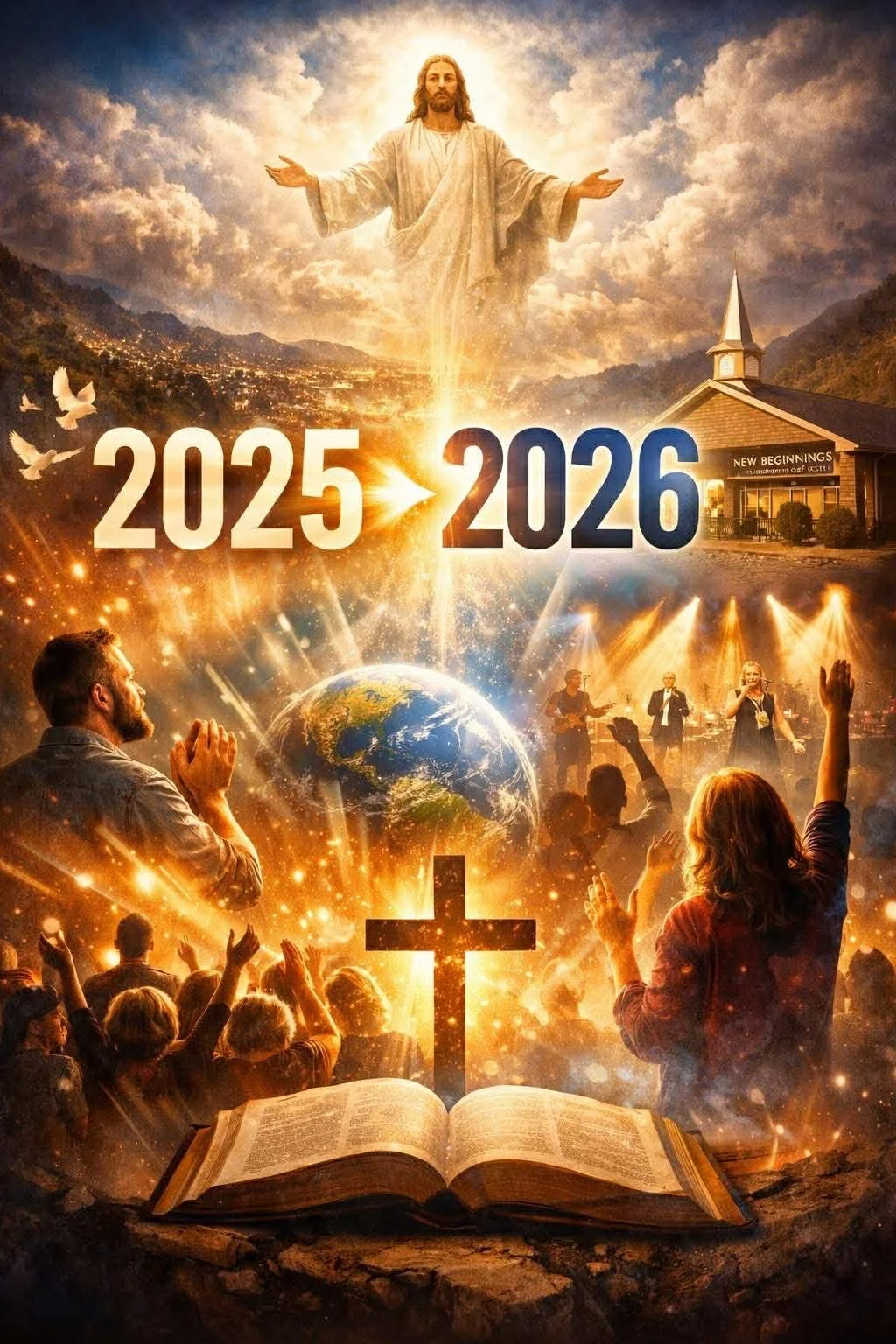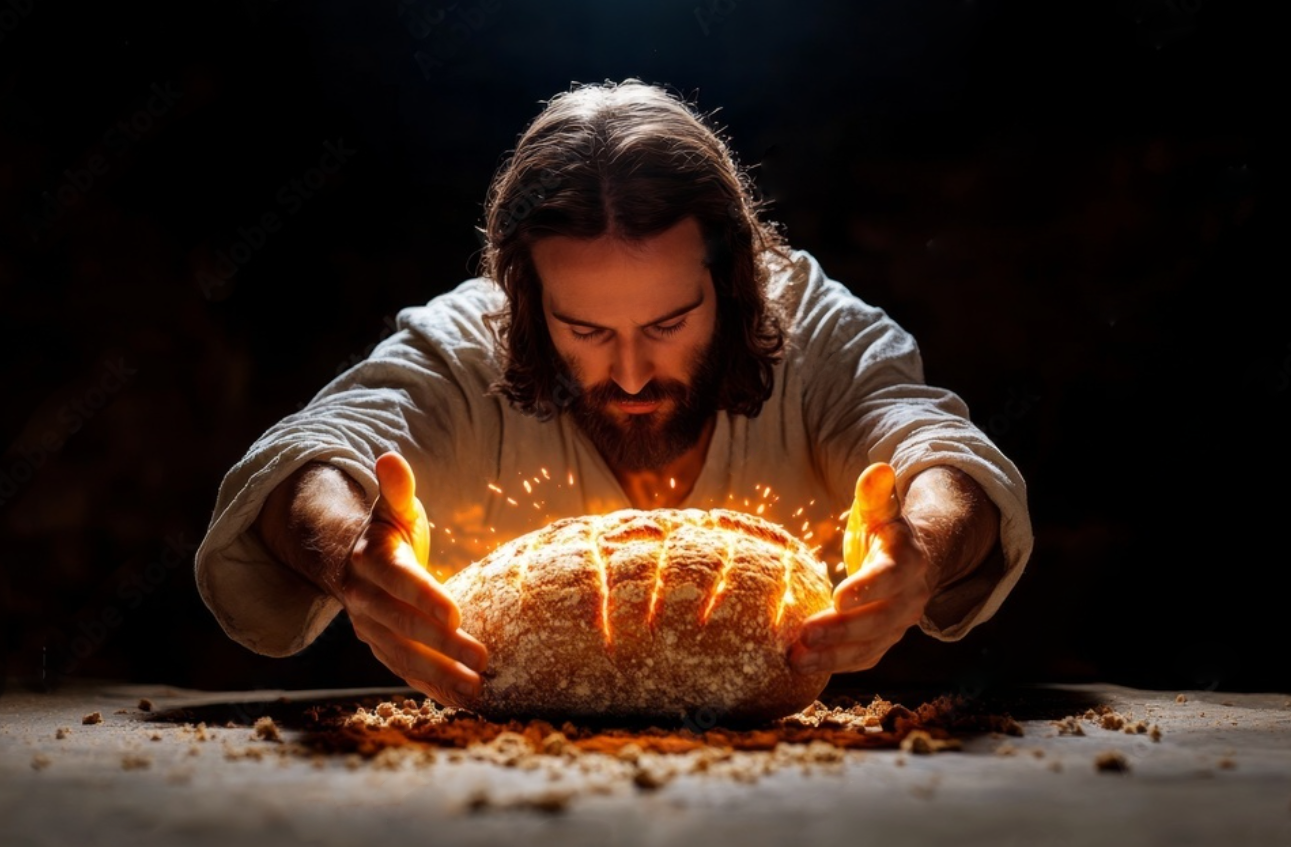Vocation of citizenship

Vocation of Citizenship
Vocation means far more than “what I do for a living.” According to Luther, Christians have multiple vocations or callings. God calls us to live out our faith in the various estates that He has designed for human life. These estates are the household (including the family and its economic life), the church (the household of faith) and the state (the society and its government).
This means Christians have a vocation of citizenship. In the turmoil and controversies of an election year, we would do well to consider what that entails.
The Small Catechism includes a “Table of Duties,” giving “passages of Scripture for various holy orders.” For the Lutheran reformers, these “holy orders” included not only “bishops, pastors, and preachers” along with “hearers” (the estate of the church), but also wives and husbands, parents and children, youth, widows, “employers and supervisors” and “workers of all kinds” (the estate of the household). They also included “civil government” and “citizens” (the estate of the state).
In treating the vocation of citizenship, the Table of Duties gives the Biblical summary of “civil government” in Romans 13:1–4. The duties for “citizens” are given in five related Scriptures. Citizens are told to obey and to pray for the temporal authorities, to “submit to” and “be subject to” them.
St. Paul does not give rulers a license to abuse their God-given authority. They serve as God’s “servant” and “agent” since God, properly speaking, is the only intrinsic authority. Rulers are “to punish those who do wrong and to commend those who do right” (1 Peter 2:14); that is, they administer justice. Rulers protect their subjects so that they can “live peaceful and quiet lives” (1 Tim. 2:2).
Throughout history and throughout the world, most governments have involved “rulers” and “subjects.” The latter had no say in choosing their leaders or determining their laws. Those of us called to citizenship in the United States of America and in other democracies have an unusual vocation. The sovereign authority, according to the U.S. Constitution, is not a king or an emperor, but “We, the People.” Ordinary citizens choose their leaders, who answer to the voters. The government operates not by the dictate of “rulers,” but according to the “rule of law.” And on behalf of the people, elected representatives formulate that law.
Thus, American citizens have the vocation of both ruler and subject.
Yes, citizens must obey and submit to the governing authority, which is the law. This includes those who administer that law; they remain subject to the same law. Christians have a duty to honor and pray for their fellow citizens whom God has called to those vocations.
But by their voting, citizens in a constitutional republic direct their government’s domestic and foreign policies. They should educate themselves in current events, political debates and socio-economic issues.
Furthermore, according to the Lutheran doctrine of vocation, the purpose of every calling — pastors, husbands, wives, parents, children, employers, workers of all kinds — is to love and serve our neighbors. Thus, the Table of Duties has an additional category, “To Everyone,” which quotes, “Love your neighbor as yourself” (Rom. 13:9).
We carry out our citizenship and its tasks, such as voting, as a means of loving and serving our neighbors. When we vote, we advance the interests of our neighbors — our country, our fellow citizens, the “least of these” (Matt. 25:31–46). Opinions may vary about what that might entail. Since Scripture does not require any particular form of government, Christians may disagree with each other politically in those areas Scripture does not address.
Christians must also fight the temptation to give their temporal citizenship priority over their eternal citizenship. St. Paul, a Roman citizen, took full advantage of the rights and privileges that gave him (Acts 22). At the same time, his full allegiance was elsewhere: “Our citizenship is in heaven, and from it we await a Savior, the Lord Jesus Christ” (Phil. 3:20).
Dr. Gene Edward Veith is the author of over 20 books on different facets of Christianity and culture, including, most recently, Authentic Christianity (CPH), with A. Trevor Sutton. A retired English professor and college administrator, he also directs the Cranach Institute at Concordia Theological Seminary, Fort Wayne, and blogs regularly at patheos.com/blogs/geneveith. This article is reprinted with the permission of The Lutheran Witness.
Be Informed
Learn about a new podcast you won’t want to miss: The Lutheran Church—Missouri Synod’s “Friends for Life” helps you “explore life issues in a way that honors our heavenly Father’s value of human life, serves our neighbor, and connects us to others who are doing the same.” Click here to learn more and to listen.
Be Equipped
Learn More About The Creation Of A Human/Monkey Hybrid Embryo And The Implications Of Such A Thing For Sanctity Of Life Issues With Wesley Smith Of The Discovery Institute.
Be Encouraged
“[W]e demand an end to the injustice of abortion. We demand an end to the injustice of human trafficking, pornography, slavery, and the separation of children from their parents. But we do so as confessors. We confess that we are sinners, great sinners, with the culture of death flowing in our veins and pulsing through our corrupted brains. And we confess that only in Jesus is the life we need”
Help support our efforts to contend for the freedom to proclaim the faith. Click here to learn more or to donate.
Today’s verse is Matthew 4:17, where the Bible says,
From that time on Jesus began to preach, “Repent, for the kingdom of heaven has come near.”
There is no trouble too large for the government to solve, no concern too small for it to care about. Such words might be spoken of God, for whom nothing is impossible. Have you trials and temptations? Is there trouble anywhere? We should never be discouraged. What a friend we have in Mamdani?
The Bulletin Insert is designed to be printed and cut in half to fit conveniently inside a Sunday worship bulletin. Each month an insert will offer insight, encouragement, and information from the LCRL on the topics of Religious Liberty, Life, Marriage, or Education.
The dates identifying the LCRL bulletin blurbs are only suggestions. Please feel free to use any and all of the bulletin blurbs as your ministry needs allow.
Today’s verse is John 1:29 which tells us of this encounter between John the Baptist and Jesus:
“The next day John saw Jesus coming toward him and said, ‘Look, the Lamb of God, who takes away the sin of the world!’”
We are hearing more and more that famous quotation from Martin Luther: “I’d rather be ruled by a wise Turk than by a foolish Christian.” The problem is, no one has been able to find that famous quotation in any of the voluminous works of Luther. It appears that the quotation is apocryphal. I suspect it may have originated as an attempt to explain the implications of Luther’s doctrine of the Two Kingdoms, as in, “Luther would have rather been ruled by a wise Turk. . .” which then was recalled as “Luther said he would rather have been. . . .” Read more from Dr. Gene Edward Veith here.
Today’s passage is Matthew 3:13-17, where the Bible says,
Then Jesus came from Galilee to the Jordan to be baptized by John. 14 But John tried to deter him, saying, “I need to be baptized by you, and do you come to me?” 15 Jesus replied, “Let it be so now; it is proper for us to do this to fulfill all righteousness.” Then John consented. 16 As soon as Jesus was baptized, he went up out of the water. At that moment heaven was opened, and he saw the Spirit of God descending like a dove and alighting on him. 17 And a voice from heaven said, “This is my Son, whom I love; with him I am well pleased.”
As 2025 ends, as faithful Lutherans, there is much to be thankful for as we have seen many positive developments for faith and freedom.
Pregnancy resource centers are booming while Planned Parenthood clinics are closing their doors. It looks like we are beginning to see a spiritual revival among young adults as they reject the emptiness of the culture they see around them. And several states have passed common-sense age verification laws, upheld by the U.S. Supreme Court, to protect innocent children from accessing graphic pornography online.
So, what is ahead for 2026? What policy advancements can we make to continue this positive momentum back towards faith and freedom?
Today’s passage is Luke 2:41-50, where the Bible says,
Every year Jesus’ parents went to Jerusalem for the Festival of the Passover. 42 When he was twelve years old, they went up to the festival, according to the custom. 43 After the festival was over, while his parents were returning home, the boy Jesus stayed behind in Jerusalem, but they were unaware of it. 44 Thinking he was in their company, they traveled on for a day. Then they began looking for him among their relatives and friends. 45 When they did not find him, they went back to Jerusalem to look for him. 46 After three days they found him in the temple courts, sitting among the teachers, listening to them and asking them questions…. 47 Everyone who heard him was amazed at his understanding and his answers. 48 When his parents saw him, they were astonished. His mother said to him, “Son, why have you treated us like this? Your father and I have been anxiously searching for you.” 49 “Why were you searching for me?” he asked. “Didn’t you know I had to be in my Father’s house?” 50 But they did not understand what he was saying to them.
Today is a dark day in the history of Illinois. Governor Pritzker—of whom every LCMS pastor in Illinois prays for each week and will continue to do so—signed into law . . . the “End-of-Life Options for Terminally Ill Patients Act,” granting terminally ill patients who have received a prognosis of six-months to live or less the ability to receive a pill in order to end their own lives.
Prayer Partner Thursday provides a month-long prayer emphasis in one of the four Lutheran Center for Religious Liberty areas of emphasis: Religious Liberty, Sanctity of Life, Educational Freedom, and Marriage as an Institution (family).
Today’s verses are Galatians 4:4-7, where the Bible says,
4 But when the fullness of the time came, God sent His Son, born of a woman, born under the Law, 5 so that He might redeem those who were under the Law, that we might receive the adoption as sons and daughters. 6 Because you are sons, God has sent the Spirit of His Son into our hearts, crying out, “Abba! Father!” 7 Therefore you are no longer a slave, but a son; and if a son, then an heir through God.
A blessed Christmas to all of you “for today (many years ago) in the town of David a Savior has been born to you; he is Christ, the Lord. This will be a sign to you: You will find a baby wrapped in cloths and lying in a manger” (Luke 2:11-12). The life, death and resurrection of Jesus came as a blessing to the world even though the world didn’t deserve it and, even worse, was unreceptive to receiving Him as the gift that He was for them (see John 1:10-13).
Today’s verses are Isaiah 35:3-4, where the Bible declares:
Strengthen the weak hands, and make firm the feeble knees. 4 Say to those who have an anxious heart, “Be strong; fear not! Behold, your God will come with vengeance, with the recompense of God. He will come and save you.”
We are slaves of Christ, but earthly slavery is not a good thing. Slavery is an institution of the fallen world. I am led to understand that even today there are fifty million people living as the property of others. I'm not sure what would happen if we added to that number those enslaved in various systems like North Korea. But bonds and fetters are not to be celebrated or commended, and if someone might say that it is a good thing, I have never seen anyone volunteer to be on slavery's receiving end. This is not to be a Pollyanna or to hide our heads in the sand. Throughout history, when one nation has conquered another, slavery has resulted. There will always be wars and rumors of wars, and life is messy. And yet slavery is not a good thing. And we can say so without losing sight of the fact that we as Christians are slaves of God, even as we are His children.
The dates identifying the LCRL bulletin blurbs are only suggestions. Please feel free to use any and all of the bulletin blurbs as your ministry needs allow.
The Bulletin Insert is designed to be printed and cut in half to fit conveniently inside a Sunday worship bulletin. Each month an insert will offer insight, encouragement, and information from the LCRL on the topics of Religious Liberty, Life, Marriage, or Education.
Today’s verses are Isaiah 35:3-4, where the Bible declares:
Strengthen the weak hands, and make firm the feeble knees. 4 Say to those who have an anxious heart, “Be strong; fear not! Behold, your God will come with vengeance, with the recompense of God. He will come and save you.”
[Weeks ago], a group from Concordia Theological Seminary, Fort Wayne, gathered on the sidewalk that runs by the local Planned Parenthood. There were perhaps 15 of us in all, but what a mighty and faith-filled people. A young couple, a father with three or four little ones in tow, a student from Germany, another from Australia.
What of it? Things change, and prayers are answered. Just as few predicted the fall of the Soviet Union and the crumbling of the Berlin Wall, we were supposed to think that Roe v. Wade was set in stone, a law surer than the Ten Commandments. Stare decisis, we heard ad nauseam. But in step six wise and courageous judges, and we got the Dobbs decision. Now, that didn't happen by accident. It was a matter of persistent. Persistent prayer, persistent marching, persistent lobbying and electioneering. Why bother? 60 million little ones who have lost their lives. And still counting.
Today’s passage is Matthew 3:1-2, where the Bible says,
In those days John the Baptist came, preaching in the wilderness of Judea 2 and saying, “Repent, for the kingdom of heaven has come near.”
America has changed dramatically since the 1950s and 1960s. Back then, in the years after World War II, it was a halcyon time for religion in this country. Christianity was assumed in society; it was the default setting. Christians were denominationally focused; fights largely occurred within the faith. Now, the threat comes not only from within but also from without, from secularists and zealots determined to belittle Christianity and, if it were possible, bring about its downfall.
The times we live in call for a different mentality and a different strategy. They call for Christians of all stripes to band together to fight an enemy that seeks to curtail our influence in society and even — it’s hard to avoid this conclusion — completely silence our voice in the civic sphere.
Prayer Partner Thursday provides a month-long prayer emphasis in one of the four Lutheran Center for Religious Liberty areas of emphasis: Religious Liberty, Sanctity of Life, Educational Freedom, and Marriage as an Institution (family).
Today’s Bible reading is Philippians 4:4-6 where the Apostle Paul says,
4 Rejoice in the Lord always. I will say it again: Rejoice! 5 Let your gentleness be evident to all. The Lord is near. 6 Do not be anxious about anything, but in every situation, by prayer and petition, with thanksgiving, present your requests to God.
Thanksgiving takes a lot of flak these days. Christmas haters are called “Scrooges” or “Grinches,” but haters of Thanksgiving are considered socially conscious and realistic. For many Americans, the fourth Thursday in November is an annoying holiday with racist origins — an excuse to force innocent citizens to gorge on poorly prepared, outdated foods while fraternizing with uncongenial relatives. It is, moreover, a day of hypocritical tension between trite demands to “be grateful” versus a Black Friday rush through the mall. Dismissively labeled “T-day” on social media, Thanksgiving is becoming mere no-man’s-land stuck between the two towers of Halloween and Christmas.
Today’s reading is Colossians 1:17-20 where the Bible says this of Jesus Christ:
17 And he is before all things, and in him all things hold together. 18 And he is the head of the body, the church. He is the beginning, the firstborn from the dead, that in everything he might be preeminent. 19 For in him all the fullness of God was pleased to dwell, 20 and through him to reconcile to himself all things, whether on earth or in heaven, making peace by the blood of his cross
Thanksgiving worship services, held at the request of the government, seem strange in modern America. Some American Lutherans have wondered if this is appropriate. Our government allows the murder of babies. How can its leaders ask us to pray and give thanks? Others have questioned whether or not the annual request itself is a violation of the separation of Church and State, and still others have suggested that it might be a misunderstanding of the two kingdoms.
The dates identifying the LCRL bulletin blurbs are only suggestions. Please feel free to use any and all of the bulletin blurbs as your ministry needs allow.
The Bulletin Insert is designed to be printed and cut in half to fit conveniently inside a Sunday worship bulletin. Each month an insert will offer insight, encouragement, and information from the LCRL on the topics of Religious Liberty, Life, Marriage, or Education.
Today’s reading is from the Old Testament Prophet Malachi and these portions of the first three verses of chapter 4.
1 “For behold, the day is coming, burning like an oven, when all the arrogant and all evildoers will be stubble... 2 But for you who fear my name, the sun of righteousness shall rise with healing in its wings…. 3 And you shall tread down the wicked, for they will be ashes under the soles of your feet, on the day when I act,” says the Lord of hosts.
Is it alright for Christians to be involved with politics?
The Bible contains no specific command that either requires or forbids Christian involvement with politics. However, through the prophet Jeremiah, God teaches His people that they should, “Seek the welfare of the city where I have sent you into exile, and pray to the Lord on its behalf” (Jer. 29:57). In other places, God teaches that Christians should obey and pray for those in positions of civil authority (Matt. 22:21; Rom. 13:17; Titus 3:1; 1 Pet. 2:13). These passages, together with the general biblical teaching that Christians should care for and promote the welfare of their neighbor, would suggest that Christians should participate in the process of deciding how we, as a nation, shall live.

